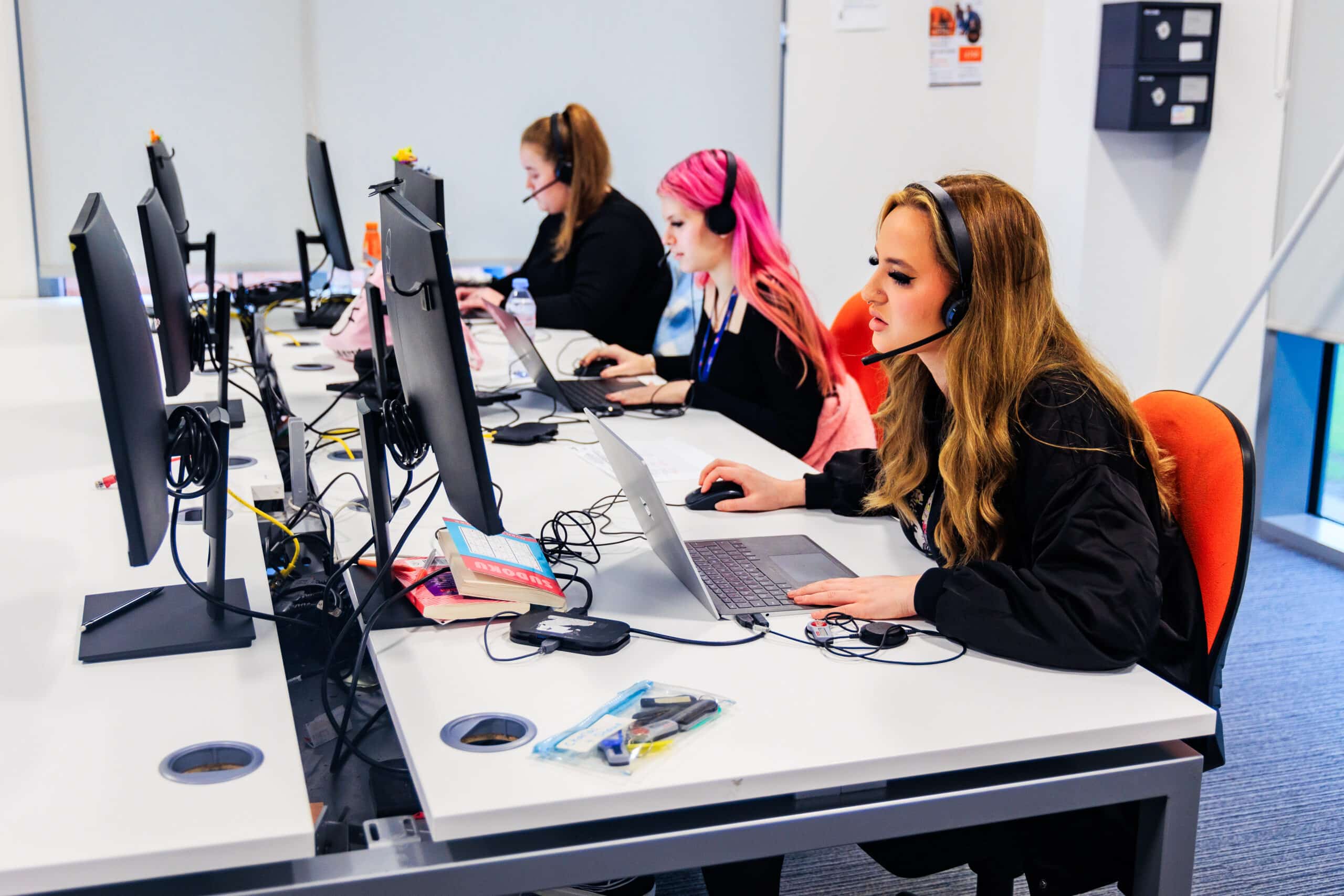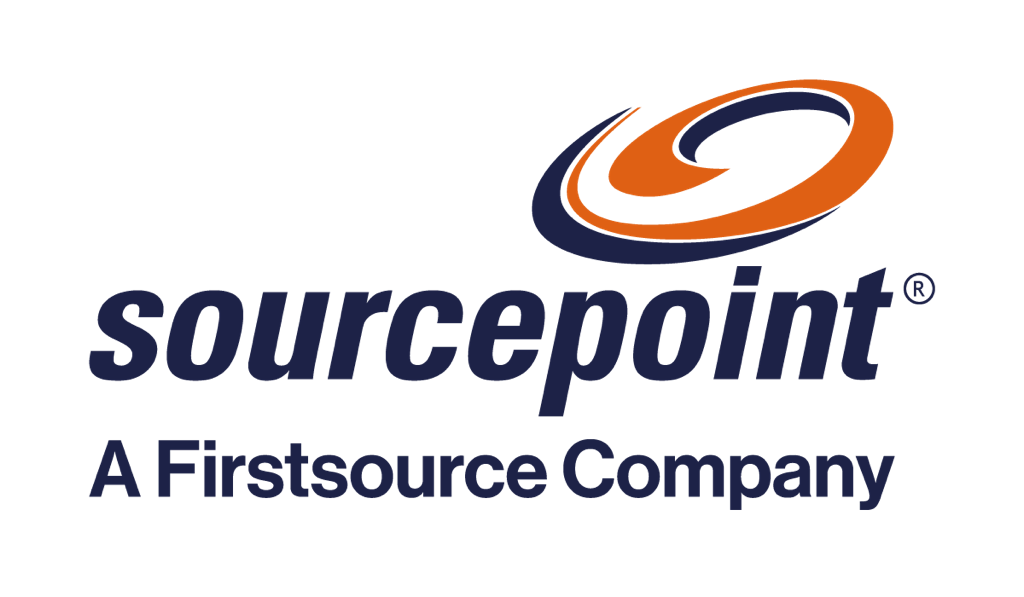For the more than 600 financial crime advisors at Firstsource’s Anti-Fraud Centre of Excellence in Middlesbrough no two days are the same.
Working at the coalface of fraud on behalf of three of the UK’s biggest banks, the team has seen and heard it all – from common phishing scams to more opportunistic and elaborate forms of fraud.
It can be an emotionally draining job where your resilience is tested on a daily basis, but knowing you have been responsible for financially protecting a vulnerable customer is what makes being a fraud advisor a truly rewarding experience.
To get a better sense of what goes on behind the scenes at the Middlesbrough-based Centre of Excellence, we spent some time with a team of advisors to find out how Firstsource supports its banking clients in the fight against fraud…
Can you describe how a typical call might play out?
Brad, who works on the debit profiling team and helps train new recruits, says: “There isn’t really such a thing as a normal day or a normal call, it varies quite a lot depending on what’s going on with the customer. For, example, you might be dealing with an elderly or vulnerable customer so you’ve got to take each case on its own merits.
“If fraud is identified it’s then a case of establishing whether it’s ‘loss’ or ‘no loss’. As a call advisor, you have a lot more to do with a loss and you have to escalate to the refunds or investigations teams. If it’s ‘no loss’ you just cancel the card.”
Sharon, a team leader who has risen up the ranks during a four-year stint working on debit card fraud, adds: “This job is all about thinking on your feet. Depending on the transaction, we can see exactly where it was sent and what device was used. If we have suspicions then we have the option to escalate to the investigations team.
“If a customer says it’s fraud, we don’t necessarily take their word for it. If there’s any kind of suspicion on our end, where we’re not totally convinced that the customer has been honest with us, we have the option of sending it for investigation before we do any pay-outs. That way, we know we are protecting the bank but we’re also protecting all genuine customers as well.”

You mention suspicions, what red flags do you look out for during a fraud call?
Stacey, who works on the ‘faster payments’ team, explains: “It might be we have information in front of us and we’ll ask questions based on that information but the responses cause us to have doubts, this could be a slight pause or there might be some whispering in the background.
“If we were to identify background noise such as whispering it’s a pretty big clue that there might be someone in the background who is trying to coerce the caller.”
Sandra, who reviews advisors’ calls across both debit and credit accounts to ensure high-level performance, says: “If there are any suspicions then we can check IP addresses, we can check devices. We can see how the payments might not be approved, whether it’s online banking, whether it’s through one-time passwords (OTPs), whether it’s going to a mobile number or email address. So we can check all of that and if they say ‘no we haven’t received that’ then the question has to be ‘well who has approved in online banking?’”
Brad adds: “When you profile the account, you look for multiple identifiers such as age and race, so there are a lot of different flags that we pick up on to try and pinpoint whether we are speaking to a genuine person or not.”
What makes a good fraud call advisor?
Daniel, who specialises in credit card fraud, explains: “People with good attention to detail tend to do well in anti-fraud. You have to be very resilient and thick-skinned as you are often dealing with people who are experiencing high levels of stress and can sometimes lash out. Empathy is another very important attribute.”
Jess, a team leader on credit card fraud, adds: “Being able to help customers is a great feeling. When you’ve assisted them through a difficult moment in their lives and they’re genuinely thrilled that you’ve saved them potentially £1,000s, that’s really rewarding. You feel like you’ve made a difference.
“I don’t understand why you would wake up and think ‘what I’m going to do today is I’m going to ruin someone’s life’. Thankfully, we’re there to try and prevent it.”

What advice would you give to a banking customer who is worried about falling victim to fraud?
Sandra says: “There’s loads of information available but sometimes it’s as simple as ‘don’t post a selfie on Facebook with your card in the back of your phone.
“It’s also common for social media sites to be hacked, which is why it’s vitally important to ensure you have different passwords and security measures, like biometrics, in place on your banking accounts.”
Daniel adds: “There are so many emerging fraud trends that it’s very difficult for the average person to keep up. Fraudsters can be very clever and with the development of technology it has become even more difficult for the average person to spot fraud.
“What we try to do is educate the customer on new trends and how to avoid falling victim to fraud in the future by keeping their personal information safe.”
To learn more about Firstsource’s anti-fraud banking solutions, click here.










